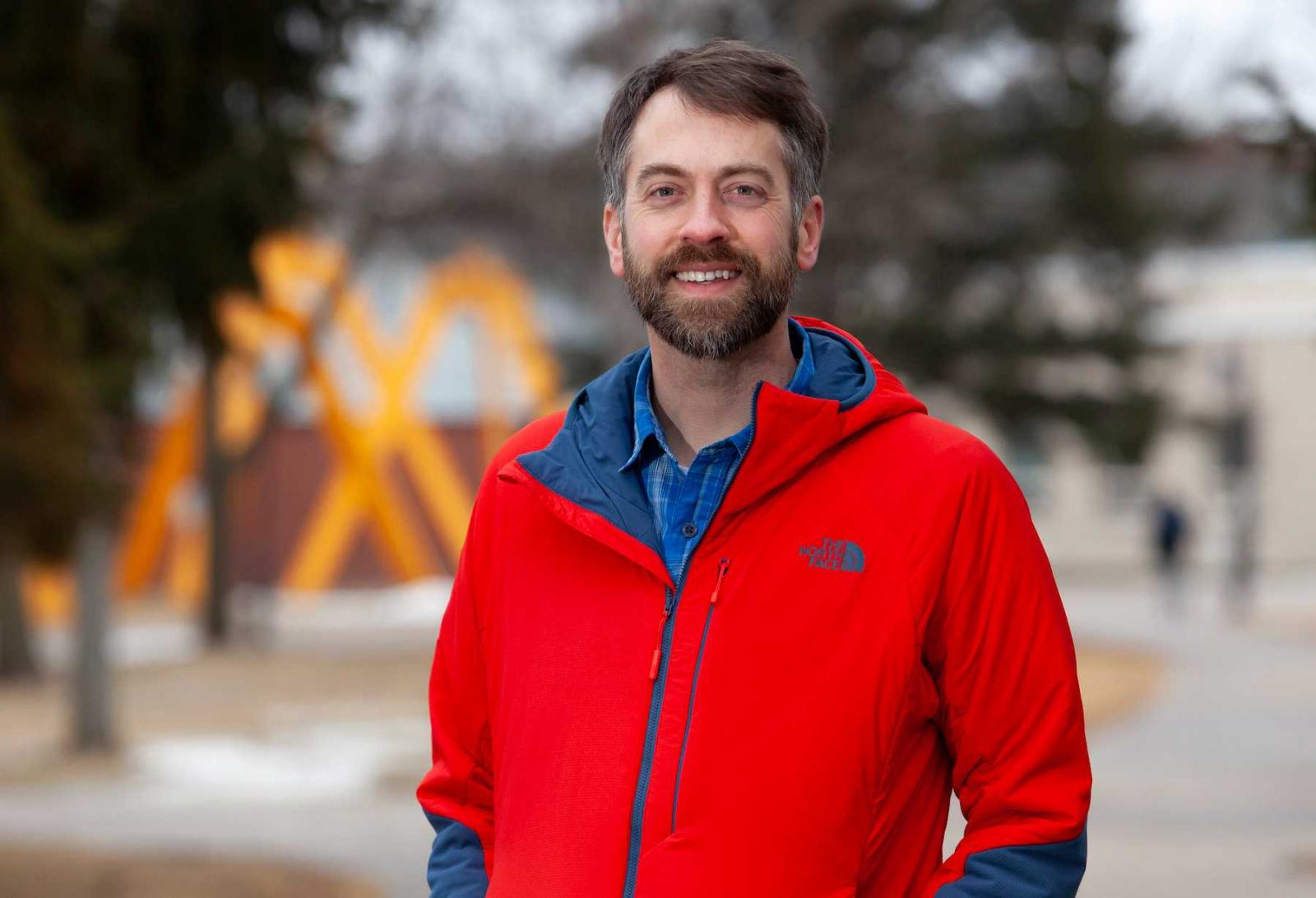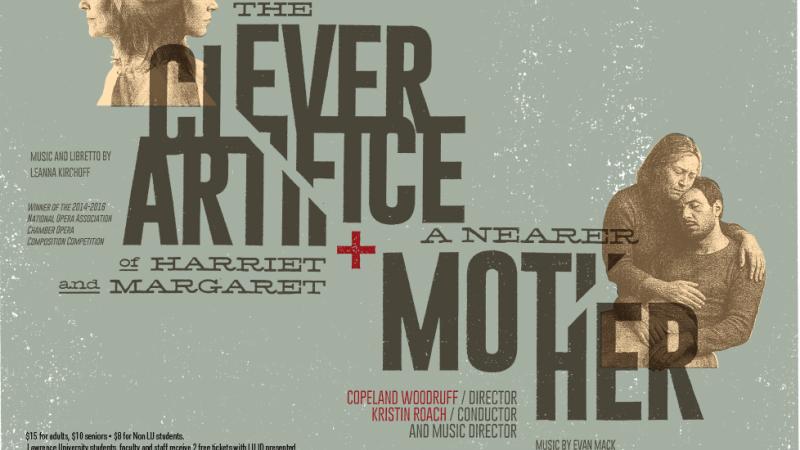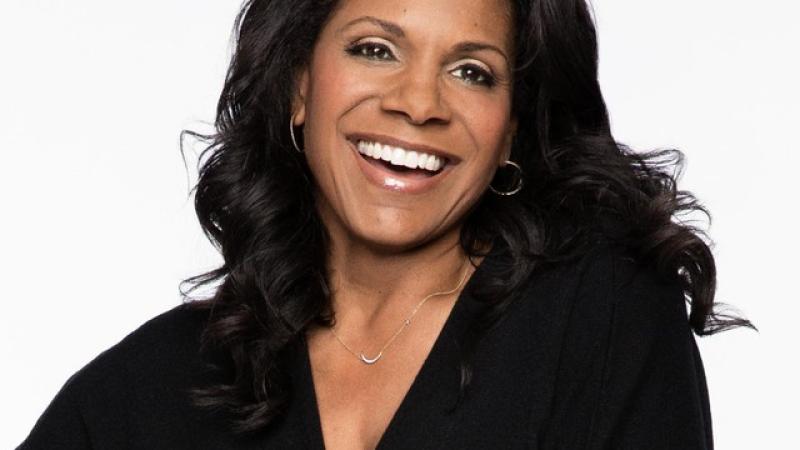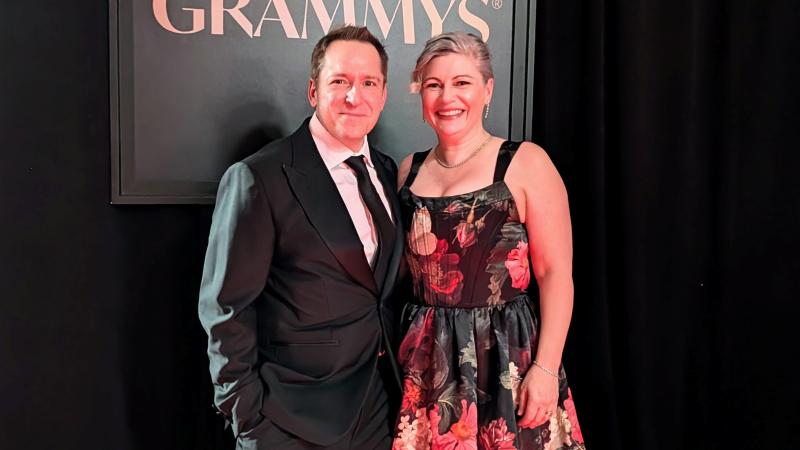About the series: On Main Hall Green With … is an opportunity to connect with faculty on things in and out of the classroom. We’re featuring a different Lawrence faculty member each time — same questions, different answers.
---
Dylan Fitz, associate professor of economics, specializes in development economics, with research that evaluates the effectiveness of social programs and the causes of poverty.
Now serving as chair of Lawrence’s Economics Department, Fitz has taught in the areas of development economics, social policy, and effective altruism, and has studied economies in Latin America and Brazil.
A champion of the book, Poor Economics, part of the First-Year Studies reading list, Fitz said he wants his students to know that the study of economics goes well beyond big business and free markets.
“Economics is something that can help us make the world a better place—to try to understand the world first of all, and then to improve it for people,” he said when the authors of Poor Economics won the Nobel Prize in 2019.
Fitz earned a bachelor’s degree in politics at Princeton University with certificates in Latin American studies and political economy. He earned a master’s and doctorate in agricultural and applied economics from the University of Wisconsin-Madison. He joined the Lawrence faculty in 2017 after teaching for four years at Davidson College.
We caught up with Fitz to talk about interests in and out of the classroom.
In the classroom
Inside info: What’s one thing you want every student coming into your classes to know about you?
First is that economics matters. You directly encounter economics every day, and a knowledge of economics can be used to make the world a better place. Second is that effort is the biggest determinant of success in class. You need to master the material, but doing so through effort is the clearest path. My classes are set up for you to master the material by working through increasingly challenging questions.
Getting energized: What work have you done or will you be doing at Lawrence that gets you the most excited?
I really love my Effective Altruism course. Peter Singer’s The Life You Can Save book made a huge impact on me. It raises difficult questions about what we can and should do for others. It is both devastating and inspiring. Among other influences, the effective altruism movement draws on empirical economics research and uses the economic way of thinking to critically evaluate how we help others.
Going places: Is there an example of somewhere your career has taken you (either a physical space or something more intellectual, emotional or spiritual) that took you by surprise?
As a young kid, I probably didn’t anticipate that I would share an office and a home with my partner. I have my own office now, but I can still sneak in to take her snacks and books.
Out of the classroom
This or that: If you weren’t teaching for a living, what would you be doing?
I decided to study economics because it provides guidance on how to fight poverty more successfully. If I wasn’t teaching economics, I might be working in global development, perhaps at an organization like Give Well or Give Directly. Or maybe I’d be a stay-at-home dad. I really enjoy spending time with our girls.
Right at home: Whether for work, relaxation or reflection, what’s your favorite spot on campus?
Andrew Commons. College cafeterias are amazing, and Lawrence has a particularly good one, with great staff and lots of delicious food in vast quantities. I’m vegetarian, and having so many great options is a treat for me. Every time I walk in there, I feel like a kid entering Willy Wonka’s Chocolate Factory, knowing that I’ll similarly be overcome by its salivatious splendor. Our older girl loved going before the pandemic and hopefully we can start taking our family again soon. It pairs well with beautiful walks along the river or a Friday evening at the VR, if you don’t mind terrible work-life balance.
One book, one recording, one film: Name one of each that speaks to your soul? Or you would recommend to a friend? Or both?
Neil Young’s Powderfinger is my favorite song. I love Westerns in all formats, and this is one of the greatest ever told. When I teach economic growth, I like to consume a lot of science fiction. We focus on explaining and modeling historical growth, but it is also fun to extrapolate and predict the future. What will technological growth look like? Will humanity unite when we find aliens? Can social scientists do psychohistory? Some consistent favorites include The Hitchhiker’s Guide to the Galaxy, Star Trek: The Next Generation, Deltron 3030, David Bowie, Janelle Monáe, Jeff Wayne’s Musical War of the Worlds, and Tim Maia’s Racional albums (technically based on a cult, but one with aliens). Don’t panic but “upgrade your grey matter, cause one day it may matter.”




